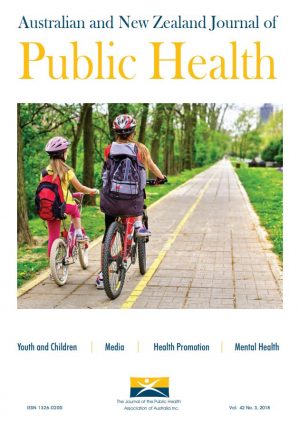The health benefits of autonomous vehicles: Public awareness and receptivity in Australia
The aim of this study was to assess Australians’ attitudes to the advent of autonomous vehicles and the extent of their reported unprompted and prompted awareness of the potential health-related benefits arising from this technological advancement. The results indicate an overall neutral level of support, with somewhat higher levels exhibited by males relative to females.
In terms of unprompted awareness of key health outcomes, there appeared to be very low salience of the health benefits under investigation. Few respondents nominated health-related factors as being relevant to their reported attitudes to AVs, and where a health-related factor was mentioned it was almost always in relation to crash reduction (21% of the sample). However, some respondents (13%) were concerned that the introduction of AVs will actually result in more crashes, illustrating the overall uncertainty associated with the advantages of this new technology. Although salience cannot be equated with knowledge, there appears to be a need for the public to be educated about the mechanisms via which AVs can almost entirely eradicate crashes by eliminating human error.
It has been estimated that achieving full automation in the Australian transport sector would save more than 1,000 lives, 30,000 hospitalisations, and $16 billion in crash-related costs each year. Informing the public of these substantial benefits in terms of human life and economic savings may go some way towards increasing receptivity and encouraging adoption.







